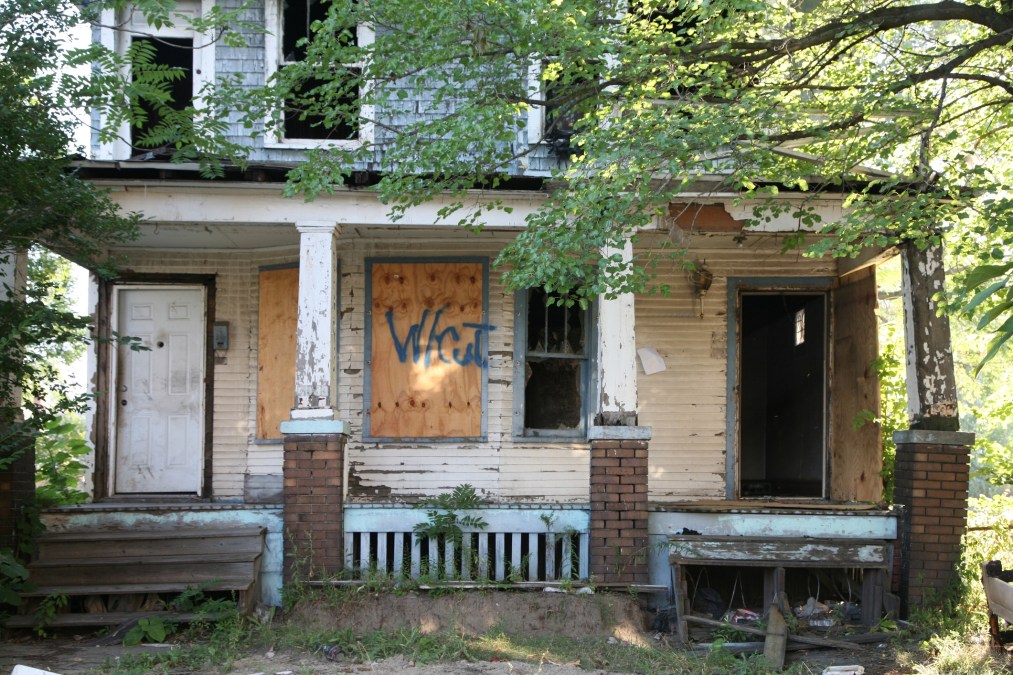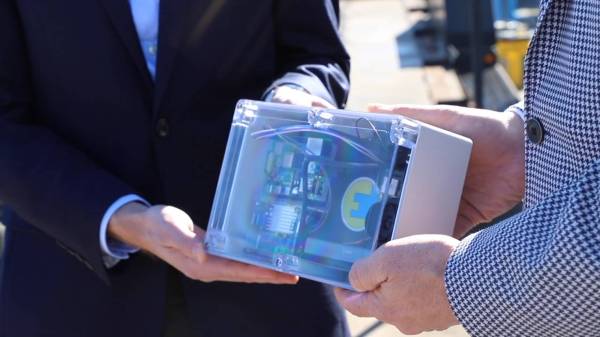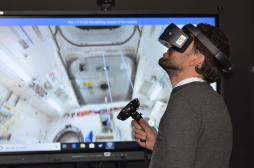Flint’s ‘Beyond Blight’ portal wins $75,000 prize

To deal with a growing blight problem, the city of Flint, Michigan, created a web tool in 2017 that enabled residents to report abandoned or damaged housing. Two years later, the city — along with San Francisco and Plymouth, United Kingdom — is being recognized for its civic engagement efforts by Cities of Service, a Bloomberg Philanthropies-backed nonprofit.
The tool, called the Flint Property Portal, is one of three projects that received a $75,000 Engaged Cities prize on Monday from Cities of Service. The project is the digital edge of the city’s five-year blight removal plan, called Beyond Blight, which was adopted in 2015 as a way to promote collaboration between community partners in cleaning up the city’s vacant properties. The city, along with the Genesee County Land Bank, launched the portal as a way to let community members report damaged or vacant property, request maintenance updates and search an interactive map of Flint.
The city began offering training sessions to residents in late 2017 that taught them how to use the portal, including how to report property vacancies, search by address or parcel number and learn when a demolition or renovation is scheduled. Previously, the city had conducted neighborhood property inventories using paper maps. Since 2017, however, more than 120,000 messages have been sent through the property portal, and the city received a $60 million grant from the U.S. Treasury’s Hardest Hit Fund, which was designed to benefit communities that took the brunt of the 2008 housing crisis and subsequent economic downturn.
Other cities have also used online community resources to deal with deal with blight. Karen Freeman-Wilson, the mayor of Gary, Indiana, launched a web portal to let residents report vacant properties after learning more than 20 percent of the city’s property was blighted in 2015. She said last year that collecting property data is a good start for local government, but that enabling the community to understand the benefits of reducing blight is critical to actually solving the problem.
Flint has lost 50 percent of its population since 1960, which is the leading cause of the blight. When the Beyond Blight report came out, the city had nearly 22,000 vacant properties, which accounted for more than a third of all property in the city. More than 4,000 have since been demolished, however, and community organizers, like neighborhood associations, use the data available in the portal — which includes the occupancy status, zoning designation and ownership of properties — to assess the best approach to take care of the parcels. The community engagement has resulted in virtually all of Flint’s 56,000 properties being catalogued.
The two other winners of the Cities of Service competition also demonstrated technology-infused projects. San Francisco launched Civic Bridge from its Mayor’s Office of Civic Innovation to help the public sector more easily track down volunteers and subject matter experts for complex projects. And Plymouth created an online platform that residents can both submit neighborhood renovation ideas to, which has resulted in roughly $1.3 million in additional investment from the city and residents.
The prizes were given to communities with populations greater 30,000 that applied to the nonprofit-led competition with a evidence-based, citizen-focused project. The funds will be used to expand and map the winning projects so that they can be exported to other cities, according to Cities of Service. This year, the nonprofit said it received more than 100 applications, which were narrowed down to 10 finalists in June.
“We have learned so much from the work that the Engaged Cities Award winning cities have done with their residents,” Cities of Service Executive Director Myung J. Lee said in a press release. “The creativity and simplicity of their solutions to difficult challenges shows us that the more we can help our cities to engage their residents, the stronger our democracy will be.”
A key criteria for the projects was a clear demonstration of impact. In San Francisco, more than 450 city staff and volunteers have committed $3.9 million in pro bono services to city projects. One of the projects, a new online housing portal, has facilitated 85 percent of the city’s public-housing requests since it went online in November 2016.






